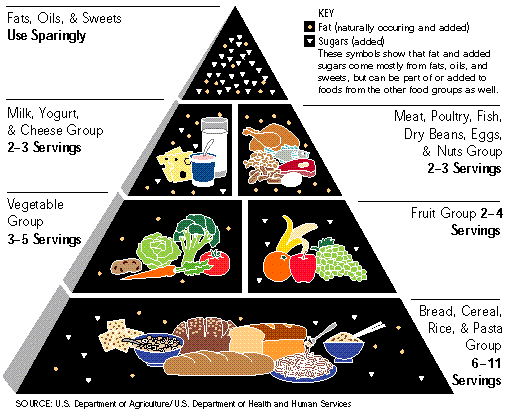Food Standards Australia New Zealand (FSANZ) is part of the Australian Government's Health and Ageing portfolio. One of the roles of FSANZ is to develop food standards in Australia and New Zealand. FSANZ is one of the governing authorities that mandate a food handling course for those employed in food service positions.
FSANZ mission and values are as follows:
�Vision: A safe food supply which supports the health of people in Australia and New Zealand.
�Mission: To develop effective food standards in collaboration with Australian and New Zealand governments
In keeping with their Mission, FSANZ is only one of the governing agencies that promote the importance of the food handling course. Other governing bodies and regulations include the NSW Food Authority, Queensland Food Act 2006, Queensland Food Regulation 2006, and the Victorian Food Act 1984. Regulating a food handling course for workers in food outlets or food processing facilities is part of state regulations. Every year cases of food borne illness cause thousands to become ill; some cases are even fatal. By enforcing a food handling course, it dramatically reduces the incidences of contagious outbreaks from improperly handled or prepared food.
There are several training organisations offering the food handling course. Some of these organisations offer online and correspondence training and in-house training for groups. When booking training, check to see if the course satisfies the requirements as set forth by Queensland Food Act 2006, Queensland Food Regulation 2006, and Victorian Food Act 1984. NSW Food Authority requires its own certificate,
FSANZ has many other duties apart from their involvement with the food handling course. Some of those duties are listed on their website and are quoted below:
�regulates the use of ingredients, processing aids, colourings, additives, vitamins and minerals
�regulates the composition of some foods e.g. dairy, meat and beverages as well as standards developed by new technologies such as novel foods
�responsible for labeling for both packaged and unpackaged food, including specific mandatory warnings or advisory labels
�sets residue limits for agricultural and veterinary products
�coordinates food surveillance and food recall systems
�conducts research
�supports the Australian Quarantine and Inspection Service in its duty to inspect imported foods
The FSANZ website contains plenty of easy to read information, including facts about common food concerns such as acrylamide, Aspartame, bisphenol A (BPA), caffeine, genetically modified (GM) foods, imported foods, mercury in fish, novel foods and Listeria. A science and education section contains technical information and learning materials in a variety of languages. Providing this free information is part of FSANZ ultimate goal to ensure Australians are well-informed about the food they eat.
FSANZ is working hard to ensure Australians have a safe food supply and ample access to the educational materials they need. The food handling course is just one of the many ways FSANZ achieves this worthwhile goal.
The role of a food safety supervisor is very important. They stand between the food you eat and the bacteria that could make you extremely ill.

 Starting Up An Aquaponics Set Up From See The Easy Way
Planting seeds in your aquaponics system can be a lot simpl
Starting Up An Aquaponics Set Up From See The Easy Way
Planting seeds in your aquaponics system can be a lot simpl
 The Simplest Way To Lessen Your High Cholesterol By Natural Means
High-cholesterol is a major variable inside the countrywide
The Simplest Way To Lessen Your High Cholesterol By Natural Means
High-cholesterol is a major variable inside the countrywide
 Introduction To Of Some Lower Cholesterol Foodstuffs
Cholesterol is a fat-like element contained in the physique
Introduction To Of Some Lower Cholesterol Foodstuffs
Cholesterol is a fat-like element contained in the physique